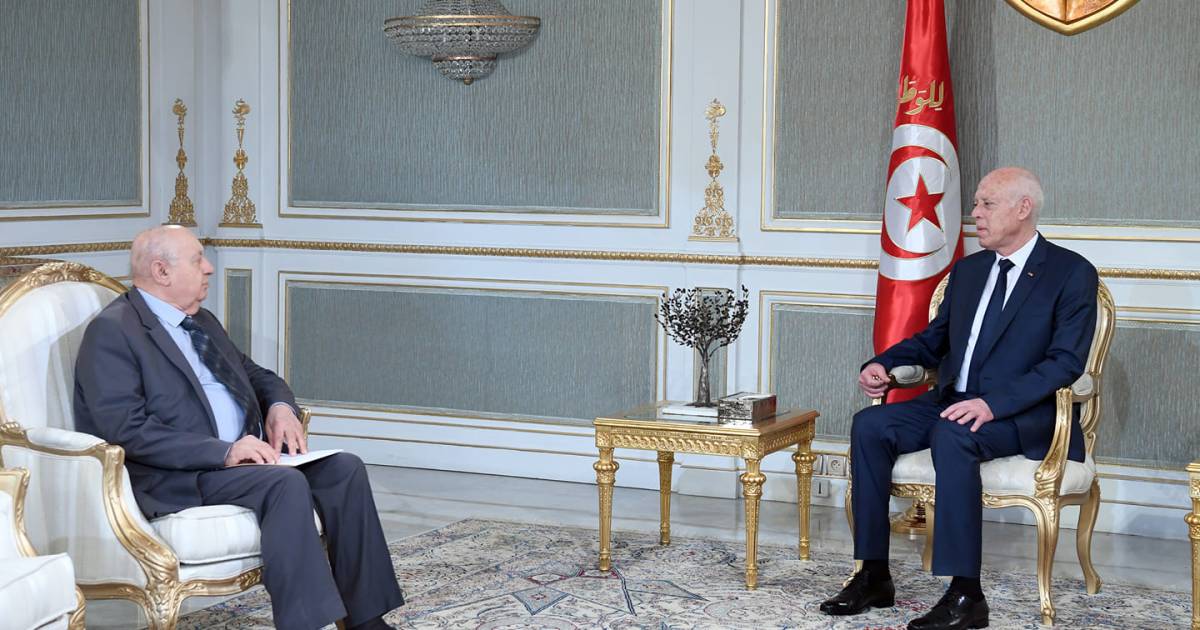The deans of the faculties of law and political sciences in Tunisia announced yesterday evening, Tuesday evening, their apology for participating in the legal advisory committees and the dialogue committee approved by the President of the Republic to write a constitution for a "new republic".
A statement by the Deans Council affirmed adherence to the neutrality of university institutions and the need to distance them from political affairs, stressing the right of academics to have political views like other citizens, but in their individual capacity and not in the name of the university institution, according to the statement carried by the official news agency.
Last week, Tunisian President Kais Saied issued a decree appointing constitutional law professor Sadiq Belaid to head an advisory body consisting of the deans of the faculties of law and political science, whose task is to draft a new constitution, to exclude political parties from participating in major political reforms.
strike and refusal
On Monday, the Tunisian General Labor Union said that it would organize a national strike in the public service and state-owned companies with the state freezing the increase in wages, and also refused to participate in a "formal and ready-to-result" dialogue on the political reforms proposed by the president.
The union considered that the dialogue in the manner included in the decree published in the Official Gazette last Friday is not able to get the country out of its crisis.
The Tunisian General Labor Union has more than a million members, and its call for a strike may pose the biggest challenge yet to President Saied after seizing vast powers and entrenching one-man rule.
Saeed, a former law professor who seized control of the executive authority last summer and dissolved parliament to rule by decree, said that he would replace the 2014 constitution, which enjoyed broad political consensus, with a new constitution through a referendum on July 25, with new parliamentary elections to be held in December. December.
decision and pledge
The main political parties, including the Ennahda Party, the Democratic Current and the Free Constitutional Party, pledged to stand up to Saied's decision to exclude them from major political reforms, including the drafting of a new constitution, and accused him of seeking to consolidate authoritarian rule.
Opponents accuse the president of carrying out a coup that undermined the democratic gains of the 2011 revolution that sparked the Arab Spring, but he says his moves were legal and necessary to save Tunisia from a long-running political crisis.

